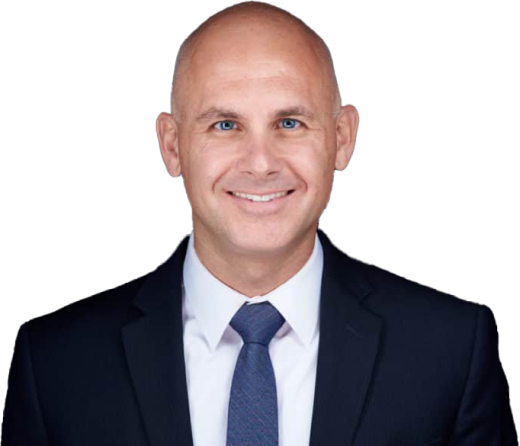
A class action lawsuit brought in early 2013 by a long-time Red Bull consumer recently came to a close when the energy-drink giant agreed to a $13 million settlement. Up to $4,750,000 of the settlement will pay the attorneys, with the remainder to go to the plaintiffs and other consumers of the energy drink.
Consequently, anyone who has purchased at least one Red Bull drink since January 1, 2002 (though there is no verification process—no receipts needed), can fill out a form linked from Red Bull’s website and get either $10 in cash or $15 worth of Red Bull products.
The lawsuit stemmed from allegations of breach of express warranty (there were other claims as well). The lawsuit alleges, “[t]he Red Bull Defendants prey upon consumers by promising that, among other things, ‘Red Bull gives you wings’ by providing a mixture of ingredients that, when ingested, significantly improve a consumers physiological and mental performance beyond what a simple cup of coffee or caffeine pill would do for a consumer’s physiological and mental performance.”
Legally, the mere slogan, “Red Bull gives you wings” alone could not constitute any sort of promise or warranty, and would be protected as mere “puffery” (promotional statements and claims that express subjective rather than objective views, which no reasonable person would take literally, like “world’s best coffee”).
However, to back up its claim that there is something special about Red Bull above and beyond other caffeinated beverages, Red Bull allegedly touted on its website, “[n]umerous scientific studies on the product and the individual ingredients prove that Red Bull Energy Drink” increases performance, increases concentration and reaction speed, improves vigilance, stimulates metabolism, and makes you feel more energetic and thus improves your overall well-being.

According to the complaint, “Defendants point to purported scientific studies and research to back up their claims that the unique blend of ingredients is responsible for the claimed superior benefits of drinking Red Bull.” Red Bull also purportedly published a 19-page article claiming that the drink improved “endurance performance” in athletes.
Plaintiffs cited a number of scientific studies and journals disagreeing with or contradicting Red Bull’s claims, which findings formed the backbone of Plaintiff’s allegations that the warranty had been breached.
Although the case was not brought in Nevada, we do have a statute, NRS 104.2313 that explicitly sets forth the elements of a claim for breach of express warranty (reproduced only in relevant part):
Express warranties by the seller are created as follows:
Any affirmation of fact or promise made by the seller to the buyer which relates to the goods and becomes part of the basis of the bargain creates an express warranty that the goods shall conform to the affirmation or promise.
Any description of the goods which is made part of the basis of the bargain creates an express warranty that the goods shall conform to the description.
Had the case been brought based on Nevada law, the result probably would have been the same.
To read the original Red Bull complaint, click here. To see the proposed settlement agreement, click here. More information is available through this article:
Red Bull Drinkers Can Claim $10 Over ‘Gives You Wings’ Lawsuit – NBC News



